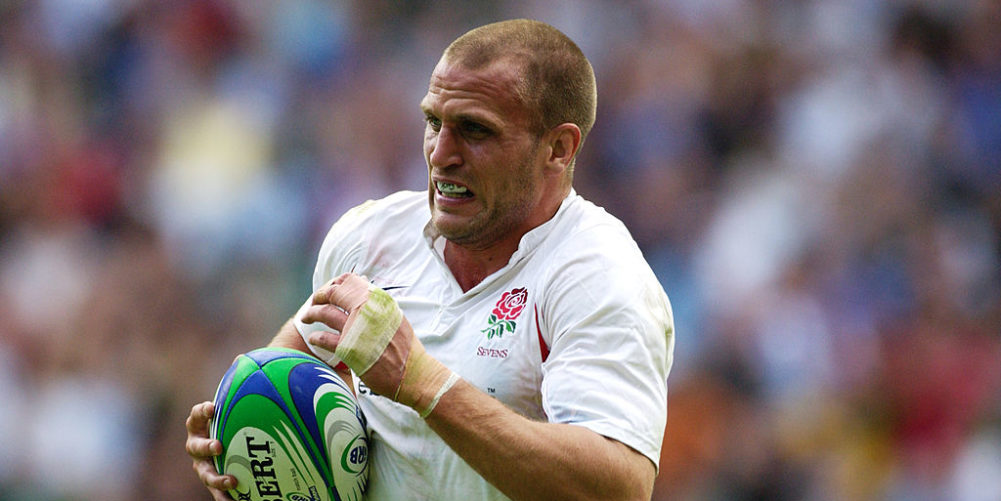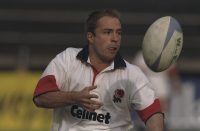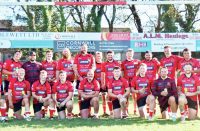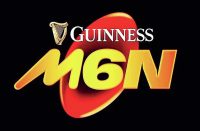
IF one characteristic defines Sevenoaks School rugby it is their wanderlust and willingness to tour the world and, equally, host any incoming school looking for opponents and a warm welcome.
Sevenoaks were trailblazers.
The first British school to tour British Columbia in 1974, the first school to tour Australia in 1976 and the first school to embark on a world tour in 1980. They were also among the first schools to play in Portugal in 1982, when the late Richard Langhorn was a member of the party, and they undertook a ground-breaking trip to Zimbabwe in 1985.
Overseeing much of this was coach Mike Williams, a human dynamo and former hooker with Rosslyn Park and Blackheath, who transformed Sevenoaks rugby in the 1970s and 1980s. Unsurprisingly when he retired in 1996 Williams used his enormous experience in organising school rugby tours to form a company specialising in just that.
Sevenoaks had turned to rugby in 1924 when the school magazine insisted that “Rugger is undoubtedly freer from the taint of professionalism, which is marring English sport, than the game which we have hitherto played.” Off the back of a very modest fixture list there were three unbeaten seasons before World War 2 but their developing status was indicated by the fact that local rivals Tonbridge never granted them a fixture against their First XV.
After the war things looked up considerably, a good team in 1960 and a very fine unbeaten XV in 1961-62, took rugby at the school to a new level. The fixture list strengthened and there was even a first game against the full might of Tonbridge in 1966. They lost that game 3-0 but the following season claimed an historic 6-0 victory.
The 1974 tour was organised to celebrate the golden jubilee of rugby at the school and, after a couple of poor and rather depressing seasons in the early 70s, happily coincid- ed with a strong year group coming through which was headed by Paul Downton who was soon to earn ever greater sporting glory as England‘s wicketkeeper.
Downton was a class fullback with no weaknesses other than a lack of blinding pace which is probably why Marcus Rose pipped him to the England Schools berth although many would have gone with the Sevenoaks man.
To this day he holds the Sevenoaks record of 68 first team appearances over four seasons.
Having got the taste for big tours, Australia followed two years later with the school’s most notable win coming in their final game, against Randwick, while they gave a good account of themselves against the might of Queensland Schools, and a star-studded Brisbane HS side.
Williams was a great lover of Sevens – he even wrote a coaching manual on it – and although Sevenoaks had no great tradition of Sevens rugby he was determined to change that and set his sights on a Rosslyn Park Open title.
Sevenoaks Rugby Roll of Honour:
Kieran Sassone (OS* 2018) Harlequins Academy; Augusto Cosulich (OS 2013) Italy U18 and U20; Dan Caprice (OS 2008) England Sevens, Biarritz, Northland; Cameron Dott (OS 2002) England U21; Tom Fielding (OS 2000) England U16, Harlequins, Bristol Shoguns; Andy Titterrell (OS 1999) England and British Lions; Mike McCarrick (OS 1997) England U19; Tony Roques (OS 1997) England Sevens; Simon Brocklehurst (OS 1996) England U19; Stephan Brutti (OS 1994) England U18 (A); Richard Langhorn (OS 1983) England A, Harlequins (Died 1994); Brian Gilchrist (OS 1983) Scotland A; Jonathan Keating (OS 1982) England U19; David Thresher (OS 1982) England A, Harlequins; Daniel Keating (OS 1981) England students, England U23; Stuart Thresher (OS 1981) England A, Barbarians; Kevin Whichello (OS 1981) England U19; Stefan Purdy (OS 1971) London Wasps, Harlequins.
*OS stands for Old Sennockian and denotes year they left school
The outstanding squad of 1979-81 – the XV that went unbeaten for two seasons and embarked on a successful world tour – clearly had the capability of winning Rosslyn Park but could they apply themselves? 1981 had to be the year and the team showed promise by finishing runners-up to Tiffin at the Surrey Schools Invitation Sevens, then as now, one of the most prestigious warm – up tournaments.
Onwards to Rosslyn Park but, to his consternation, not with Williams in tow. By now he was also coaching the England U16 team and their match against Wales at Twickenham coincided with the final day at Rosslyn Park. Damn! Sevenoaks, with four England age group internationals in the squad and future Quins star Stuart Thresher – who somehow got overlooked by the selectors – were an awesome proposition but managed to lose their opening pool game against Plymouth which was probably the kick up the backside they needed.

They went on a rampage to see them through to the knockout stages and then disposed of Wrekin and St Joseph’s Academy Ipswich before beating the favourites Llandovery 14-12 in the semi-final.
They were improving with every game and come the final, captained by Digger Keating, they annihilated the other big Welsh hope, Cwmtawe, 28-0.
Williams absented himself from the post-match dinner at Twickenham to make it to an emptying Park clubhouse just in time to share a celebratory glass of champagne.
Sevens remained a theme at Sevenoaks. Thresher became a big star in the successful Quins Sevens team later in the decade and, later still, Tony Roques became a mainstay in many successful England Sevens squads.























